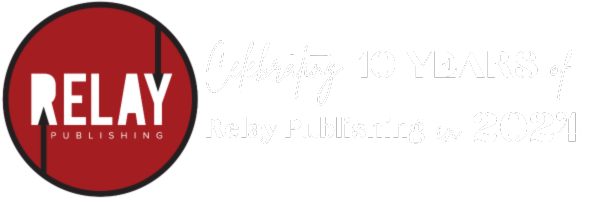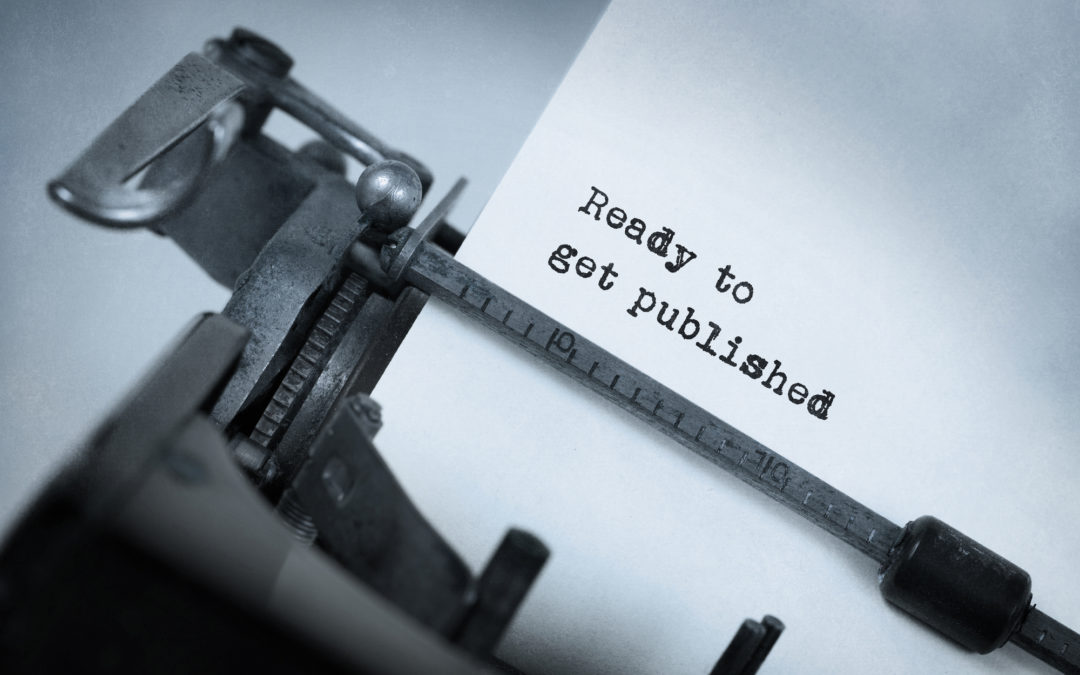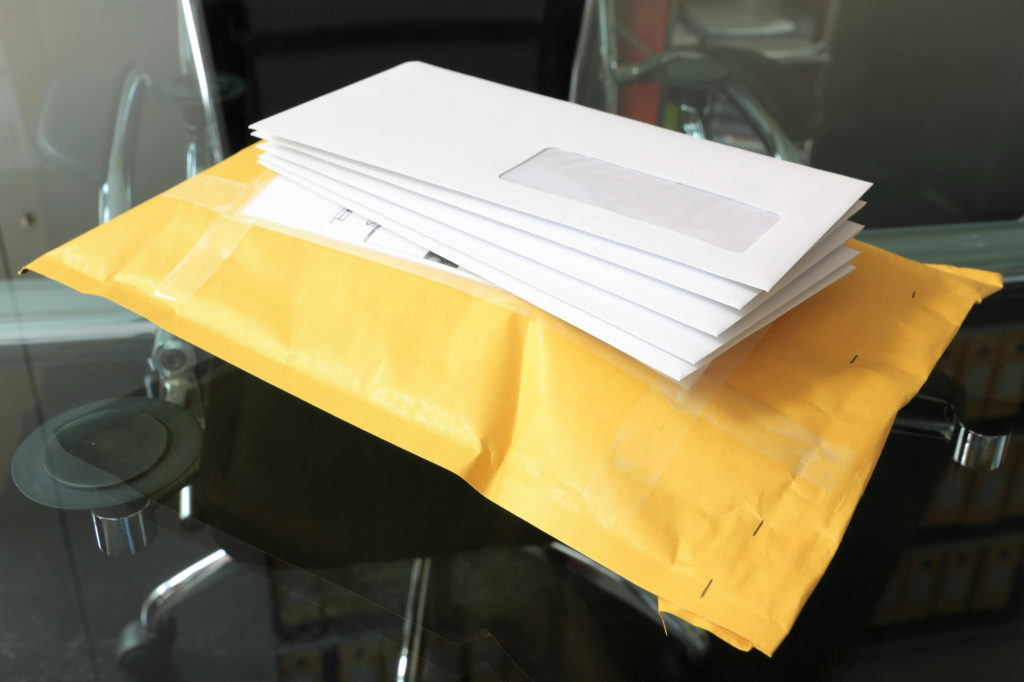Wondering How to Publish Your First Book for the First Time?
It’s 2022! For millions around the world, that means it’s a “New Year, New Me”, and you know what that means: hundreds, if not thousands, of aspiring writers dreaming of the day they can publish a book. Getting your first book published is difficult, could take a lot of time, and might not return the money you’re expecting. I won’t lie to you: it’s not impossible, but first books can be a challenge to write well – let alone sell! Why not hone your writing skills like bestselling author Paula Hawkins while you’re waiting for your book deal to go through? We’ve compiled some handy advice on how to publish your first book for the first time and some resources and alternatives for if it doesn’t work out!
How Difficult Is It to Get a Book Published?
First-time authors often ask the question, how difficult is it to get a book published? By this, they’re usually referring to a traditional contract with an established publisher. I did some research, and statistics show that there are around 300,000 new titles put out by US publishers each year – and this figure excludes books that have been self-published. Other sources argue that there are as many as 600,000 to 1,000,000 books published in the US each year. Remember these are the books that made it – for each of them, there were probably one hundred or more manuscripts that didn’t make it past the slush pile. And these are estimations for the US alone. Put simply, getting a book published can be difficult, and you’ll be faced with a lot of competition.
How to Get a Publishing Deal With “The Big 5”
If the above paragraph hasn’t deterred you, congratulations – you might just have the resilience and passion necessary to make it as a writer! If you want to publish a book with a Big 5 publisher, there are some steps you’ll need to take.
- Write the Best Book You Possibly Can… Then Rewrite It
This might sound obvious, but you’d be surprised how many aspiring writers believe that they can churn out a first draft and call it a day. Yes, traditional publishing houses do have editorial staff on hand, but you won’t get past the door (let alone be able to publish a book) with a manuscript that’s unoriginal, poorly paced, riddled with spelling and grammar issues, and doesn’t come from the heart. Seeking constructive criticism from people you trust, then redrafting and proofreading your work, greatly increases your manuscript’s chances of being taken seriously.
To publish a book, you need a good query package. Whether you’re querying an agent (which is often the better route to go down if you want to approach larger and more established publishers), or querying presses directly (this is more commonly done with independent or niche publishers), you will need to draft and fine-tune a query package that sells not only your book, but you. This usually involves a cover letter, a brief synopsis of the story, the first few pages or chapters of your edited manuscript, and a brief bio describing who you are.
- Research, Research, Research…
When, and only when, you have the best possible version of your story, and a polished query package, you’ll need to do intensive research to find the agent or publisher best suited for you and your work. Take your time with this, and above all, respect their submission guidelines. If an agent asks for the opening ten pages of your manuscript, and you send them fifty pages from the middle of the novel, your work will be dismissed out of hand. Do not try to be the exception to the rule in an attempt to ‘stand out’ – you will stand out, but not in a good way. And agents and publishers talk amongst themselves. Don’t be that difficult author whose known for disrespecting guidelines, instead of the quality of their work. That’s not how you’ll publish a book. Still feeling a bit lost or overwhelmed? If so, don’t worry: publishing works a little differently to lots of other industries, and these are the kind of things you don’t know until you know them. If this sounds like a lot, here’s a broken-down, step-by-step guide to getting your first book published!
Six Steps to Getting Your First Book Published
- Identify Your Work’s Genre
In order to publish a book, you need to understand what you’re selling. Find your niche and read widely within it – both established classics and stories published in the last year. You should be able to answer the following questions: What works are considered the foundations of your genre? How has the genre changed and developed since its origins and innovations? What niches and subgenres does your genre encompass? For example, there are big differences between ‘hard’ and ‘soft’ Sci-Fi, between Historical and Contemporary Romance, and between Slasher stories and introspective Folk Horror. You should be aware of these nuances, and be able to identify what you can bring to the table that’s both marketable and unique. You can research by reading blogs, scrolling through book retailers’ websites, engaging with reviews, and looking at successful titles through bestseller lists and Amazon rankings.
- Get Constructive and Honest Feedback
Okay, so you’ve got a completed manuscript. Now what? I touched on this in the last section, but it’s vital that you identify people whose opinions and integrity you trust and value, and get constructive and honest feedback from them. Be aware that some of their criticism might be difficult to hear – that’s why it’s important to seek help from people who have your best interests at heart, and will tell you the unadulterated truth, instead of telling you what you want to hear. Be wary of people whose intention is either to flatter or hurt you. Neither will help you publish a book. What you want is feedback that’s built on mutual respect.
- Decide if You Need an Agent
Once you’ve redrafted and edited your manuscript to the point that you feel it’s ready, you’ll have to decide if you need an agent. As I mentioned in the previous section, agents are usually the way to go if you want to approach the Big Five, as many larger publishers won’t look at unsolicited or unagented manuscripts. A good agent protects your interests; however, an agent isn’t always necessary if you would prefer to approach a more niche or indie publisher yourself. These presses will have guidelines on their website advising whether need an agent to submit to them.
- Prepare Your Submission Materials
The submission materials in your query package are a bit like a CV. It’s good to have one, standard template that you edit and personalise for each submission. In the same way that you would emphasise your relevant strengths and experience, personalising them for each role, for numerous job applications, you should make the same tweaks to your submission materials (barring your manuscript itself – don’t presumptuously edit it for each application based on what you think the publisher wants to see). Tell an agent if you’ve noticed other authors praising them on twitter, or let a publishing house know which of their titles you enjoyed in the last year – but only do these things sincerely, not as a ploy to ingratiate yourself, because I promise that agents and publishers can tell the difference!
- Submit Your Materials
With your manuscript fine-tuned, your list of publishers and agents thoroughly researched, and your personalised submission materials ready to go, you’re finally in a position to submit your materials and make your query – congratulations! Send all the relevant files alongside a brief, professional email (or through the agent’s or publisher’s online form), naming yourself, and explaining that you are submitting your materials for consideration. Let them know the genre and wordcount of your novel, and end with your contact details and a cordial sign-off. That’s it! Some agents or publishers will ask you to include a biography (usually 50 – 200 words) in a separate document, while some ask for it in the body of your initial message. Pay attention to their preferences and requests. Do not paste your cover letter verbatim into the email if you’ve already attached it as a separate document – just politely direct the recipient to it.
- Don’t Take “No” as a Final Answer
Here’s a difficult truth: statistically, you will get rejected. All the most famous and bestselling authors you know have been through the same thing, at one point or another. A ‘No’ can be particularly difficult to hear if you’ve waited weeks or months for a verdict (which frequently happens, due to the volume of submissions agents and publishers receive). Remember that a rejection is rarely a comment on your ability as a whole – there’s many reasons why a particular manuscript might not be the right fit. When faced with rejection, sit with the feelings for a while, lick your wounds, and when you’re ready, try again elsewhere. Don’t give up!
If It Doesn’t Work Out…
If the stars haven’t aligned for you just yet, there’s absolutely no shame in that. You could consider joining a writing contest – resources like freedomwithwriting.com are excellent at providing up-to-date lists and calls for submissions – or you could try self-publishing. However, both of these can be fraught with their own difficulties and expenses (enough, in fact, to merit another article the length of this one!). So where does that leave you?
Harry Wallett is the Founder and Managing Director of Relay Publishing. Combining his entrepreneurial background with a love of great stories, Harry founded Relay in 2013 as a fresh way to create books and for writers to earn a living from their work. Since then, Relay has sold 3+ million copies and worked with 100s of writers on bestselling titles such as Defending Innocence, The Alveria Dragon Akademy Series and Rancher’s Family Christmas.
Harry oversees the creative direction of the company, and works to develop a supportive collaborative environment for the Relay team to thrive within in order to fulfill our mission to create unputdownable books.
Write for a Book Publishing Service
Working for a book publishing service like Relay Publishing can allow you to make money while writing from the comfort of your own home. Imagine getting paid to do what you love, and honing your craft at the same time! Many writers have used commissioned projects to learn the craft and propel their writing career. Paula Hawkins, bestselling writer of The Girl On The Train, credits her commissioned work with developing herself as a fiction writer: “…the Amy Silver novels were commissioned. I was given the idea by someone else.” You can even earn money with Relay without ever writing a word: Relay has plenty of opportunities available, and are offering a $200 finder’s fee for anybody who successfully refers a brilliant writer whose a good match!



